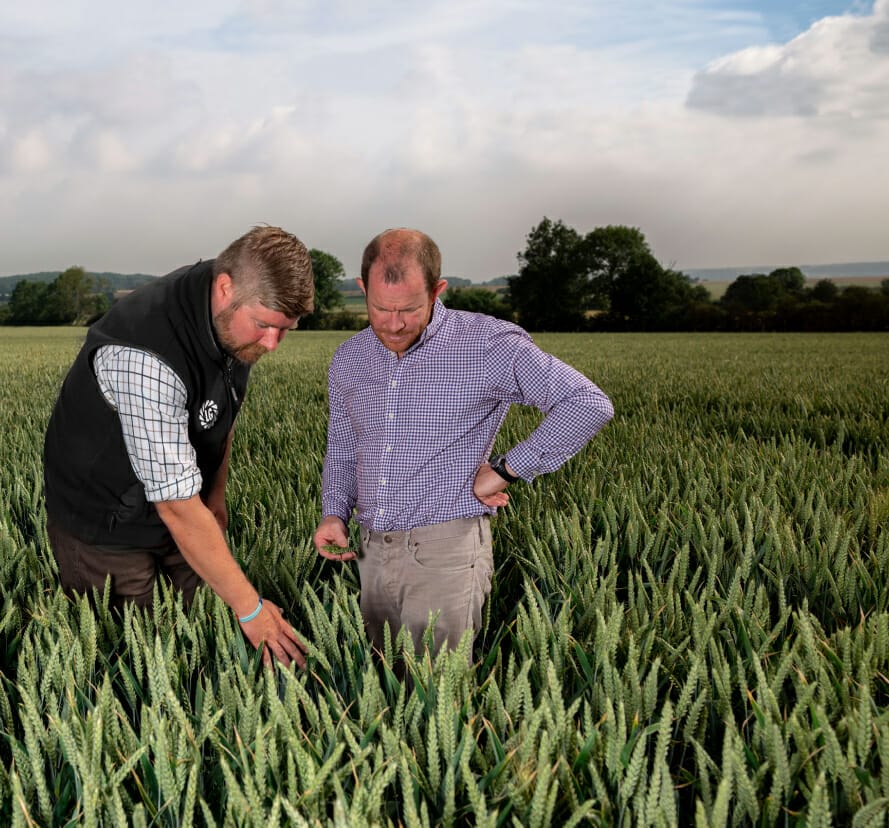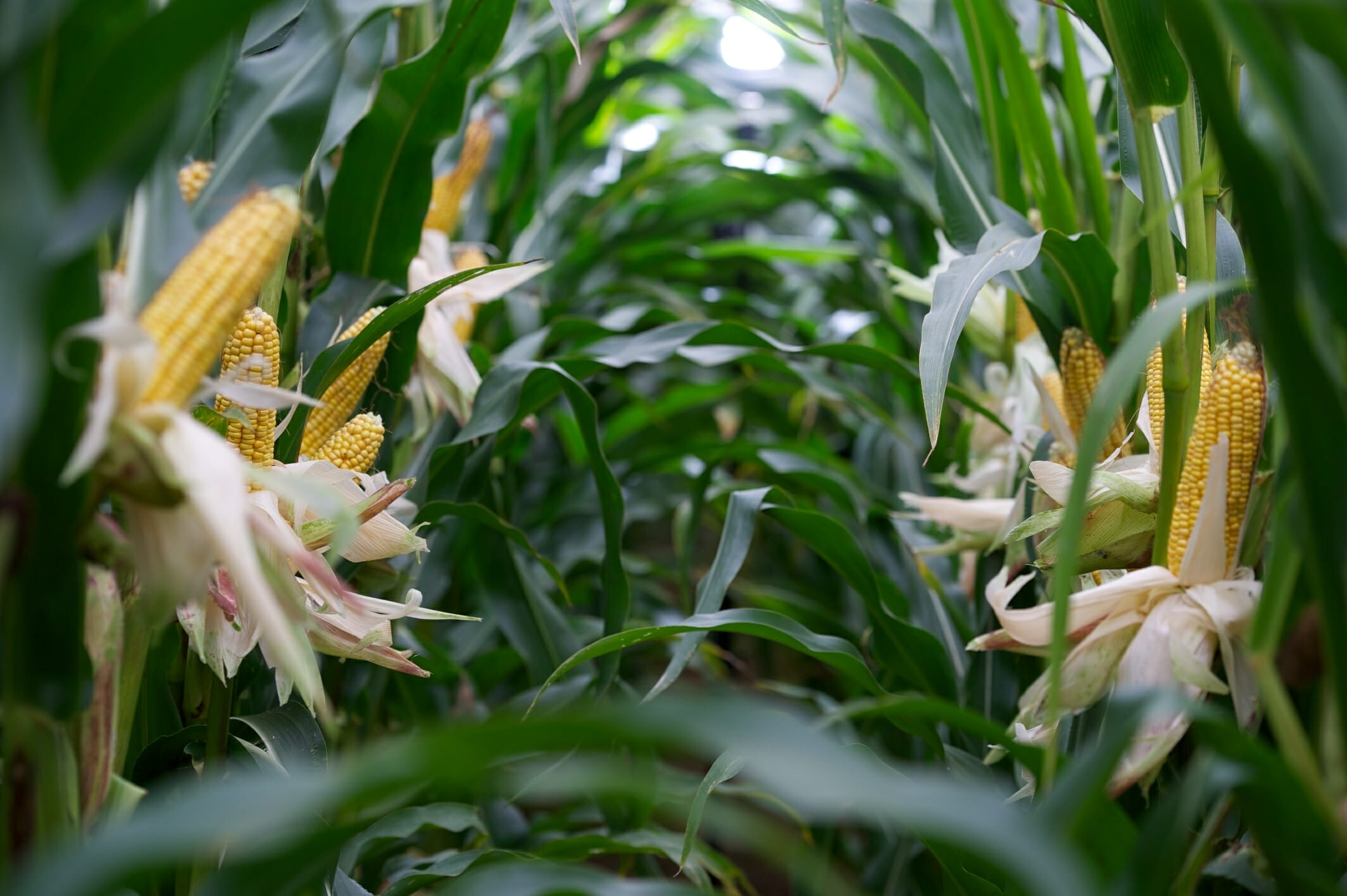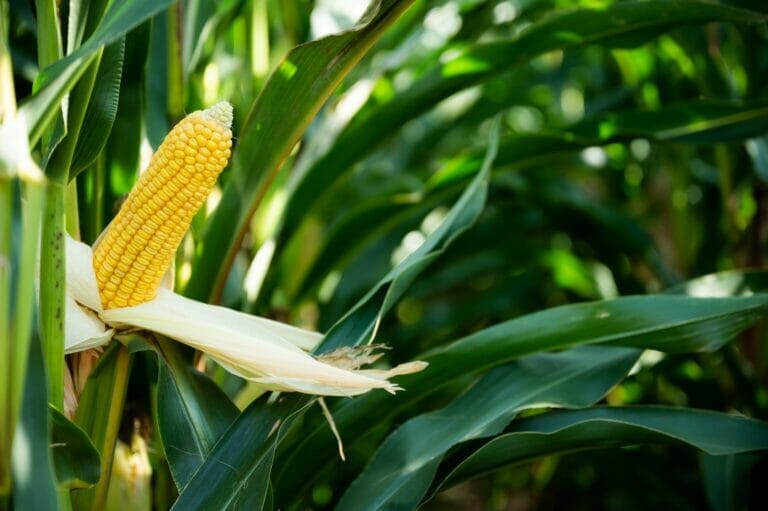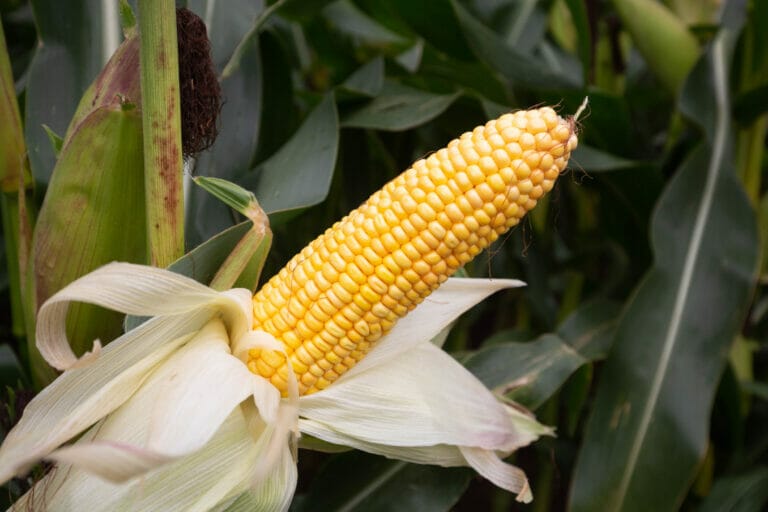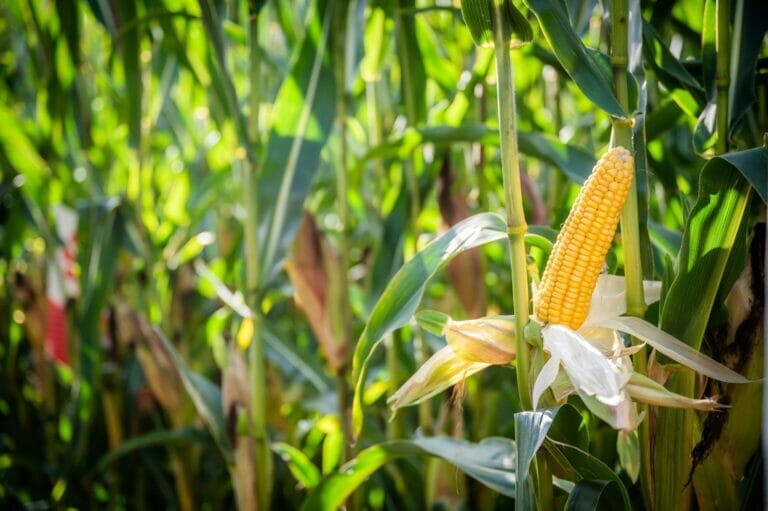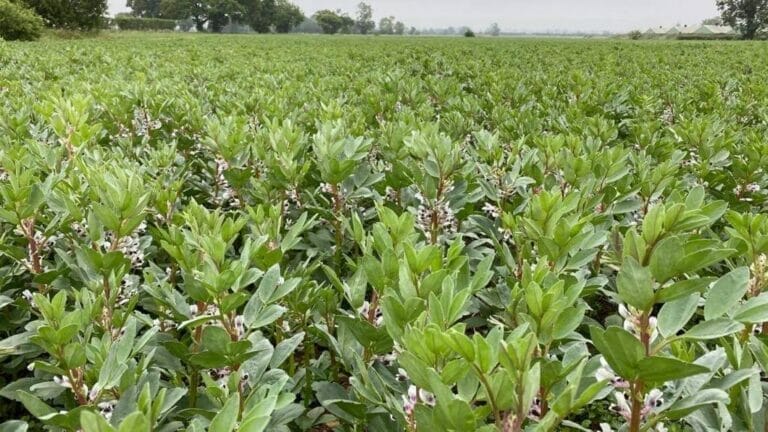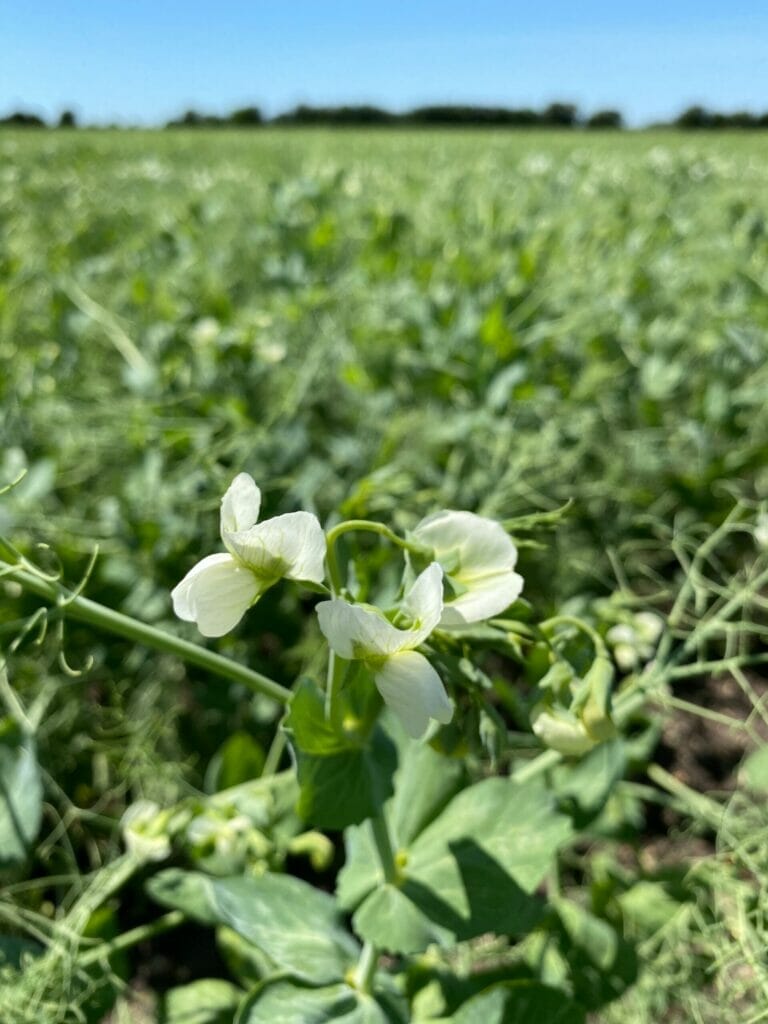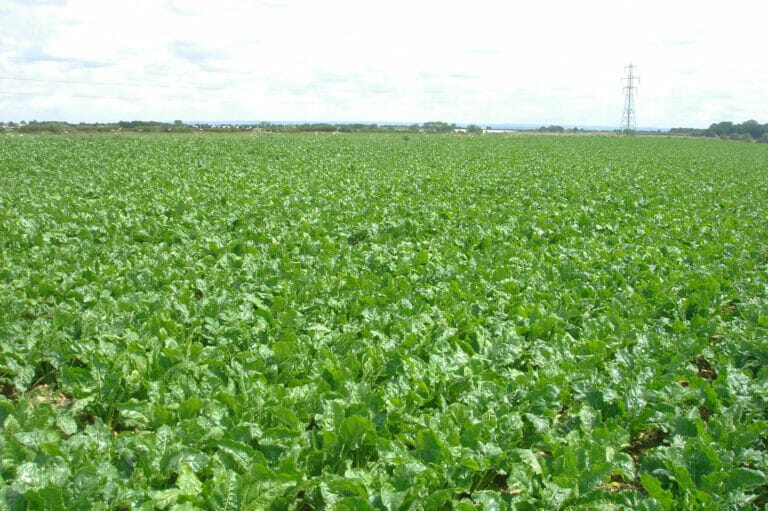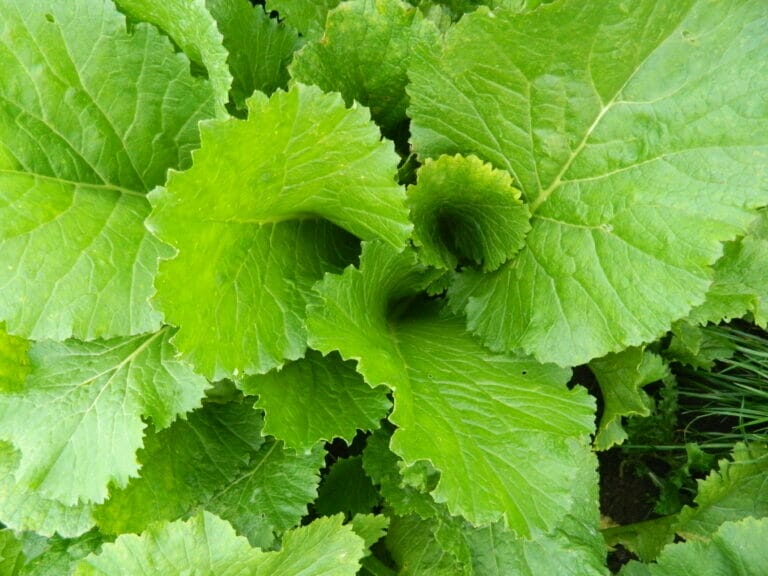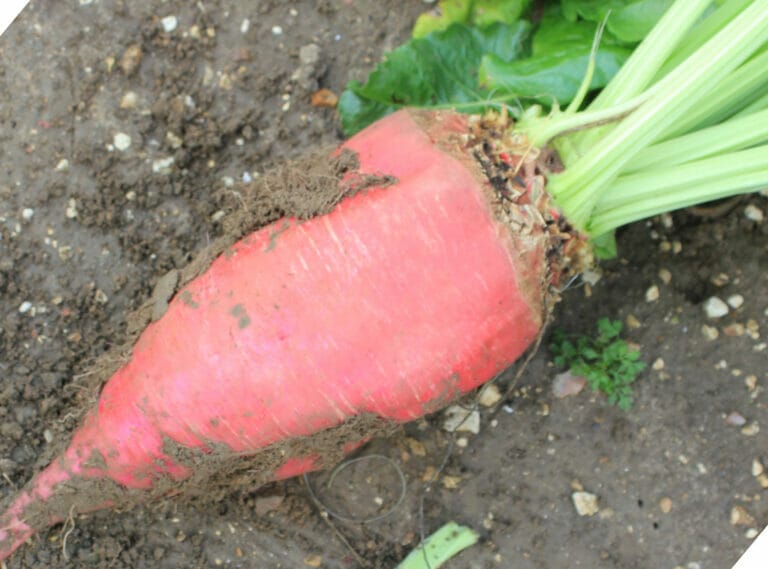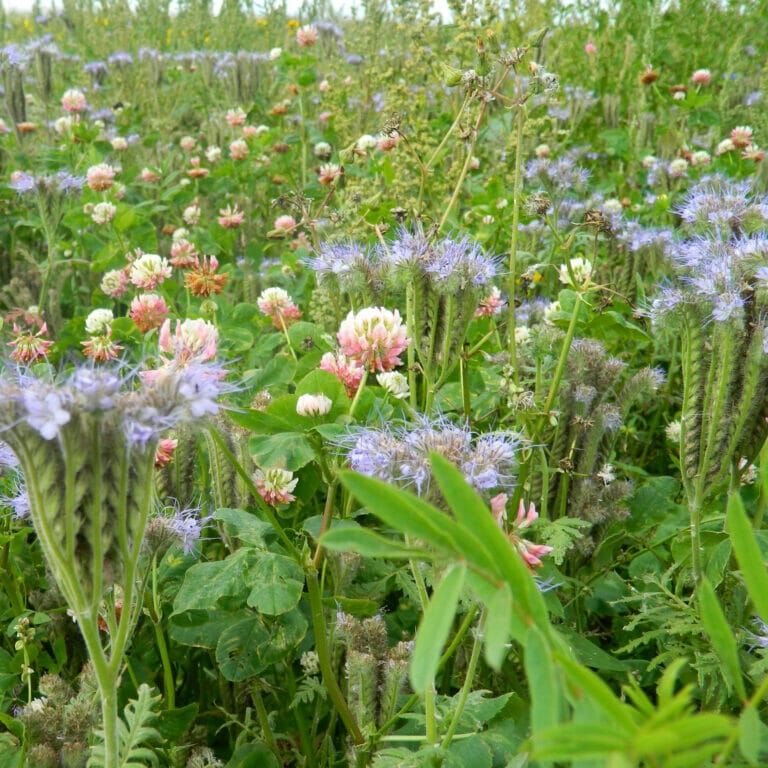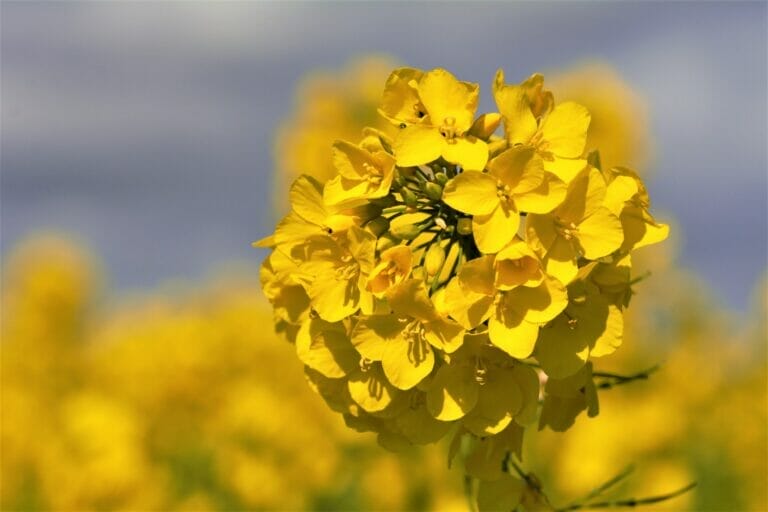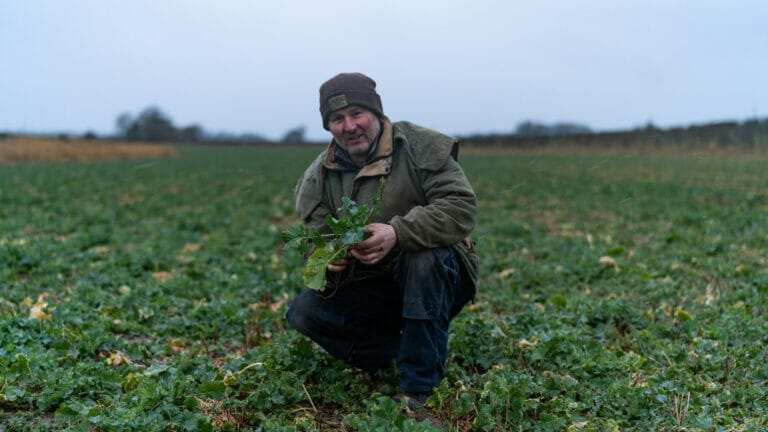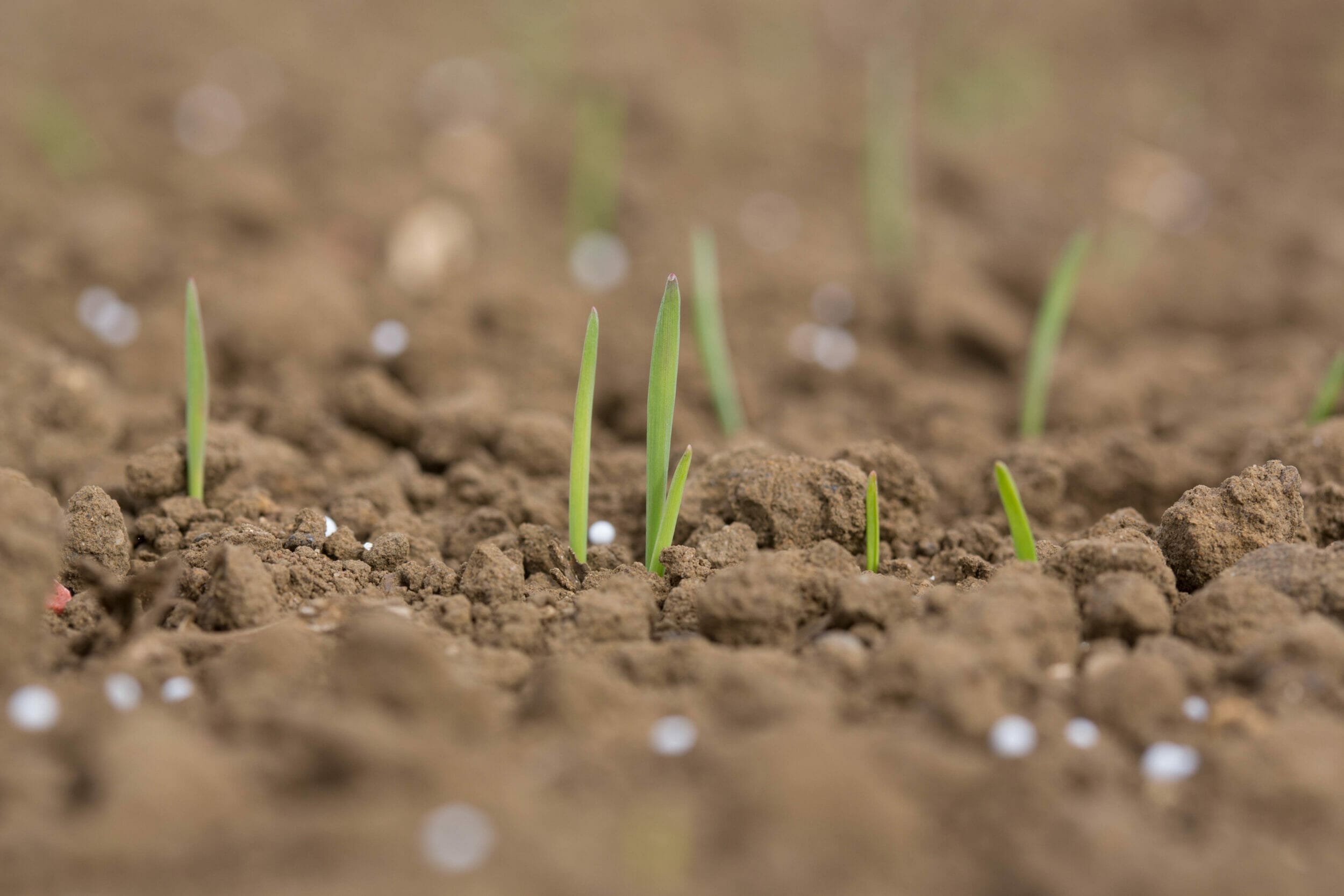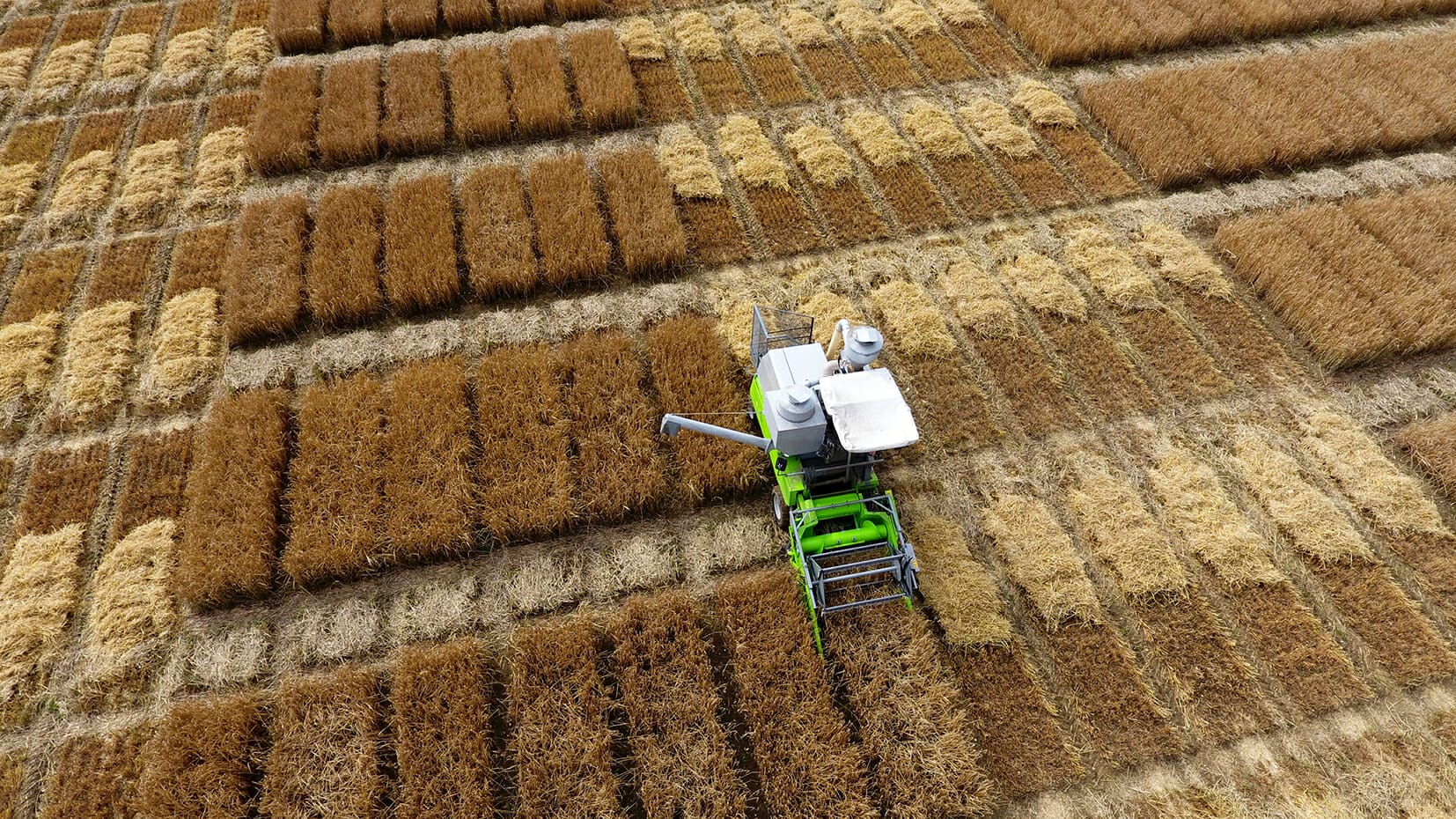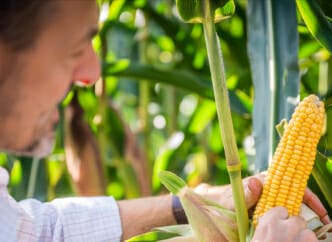There are not many crops capable of producing a gross margin comparable with a second crop of winter wheat from just 12mm of rain and one fungicide.With a high population of resistant black-grass Malcolm Hobson of Fen Farm, Moorhouses, Lincolnshire needed a spring cropping option with good cultural weed control options while also providing a good entry for winter wheat. While some would prefer spring oilseed rape Mr Hobson feels he already has enough of the winter variant in the rotation while a high burden of pollen beetle and pigeons cause enough damage without being given the opportunity to do more. He started growing linseed as a means of improving the performance of his winter wheat, but found it to be more than just a complimentary crop. âThe early summer drought of 2011 presented many challenges for growers in the eastern counties, but while it invariably impacted the performance of most crops, our crop of Aries performed in line with expectations yielding 72tonnes from 22.2ha (55acres).âThe crop received just half an inch of rain after drilling, a single fungicide during the spring and a desiccant. To yield 3.23t/ha (1.3t/ac) from this is, I think, a commendable performance,â said Mr Hobson.Linseed fits his system well and he appreciated the beneficial effects it has on the heavy Lincolnshire soil. âWeâve found it to be a good all-round fit and a more reliable alternative to spring OSR, but you do need to be properly prepared at harvest.âSharp knives on the header are a must as is the right conditions. âYou need a good, dry day with low humidity otherwise itâs a non-starter,â he says.Andrew Wallis of Boston Seeds reports positive market conditions for linseed across Europe which is helping to sustain interest in the crop. âGrowers like it for its low input needs and the opportunity to control problem weeds, but strong market demand means it competes well in economic terms too.âPrices are a little lower than last year, but there is solid European demand due to the issues caused two years ago when crop imported from Canada was found to be contaminated with a GM material. Crushers have been forced to source their needs locally for fear of further contamination,â says Mr Wallis.âThe continuing dry weather coupled with the ability to delay drilling without a yield penalty is likely to sustain interest in the crop this year,â he adds.



